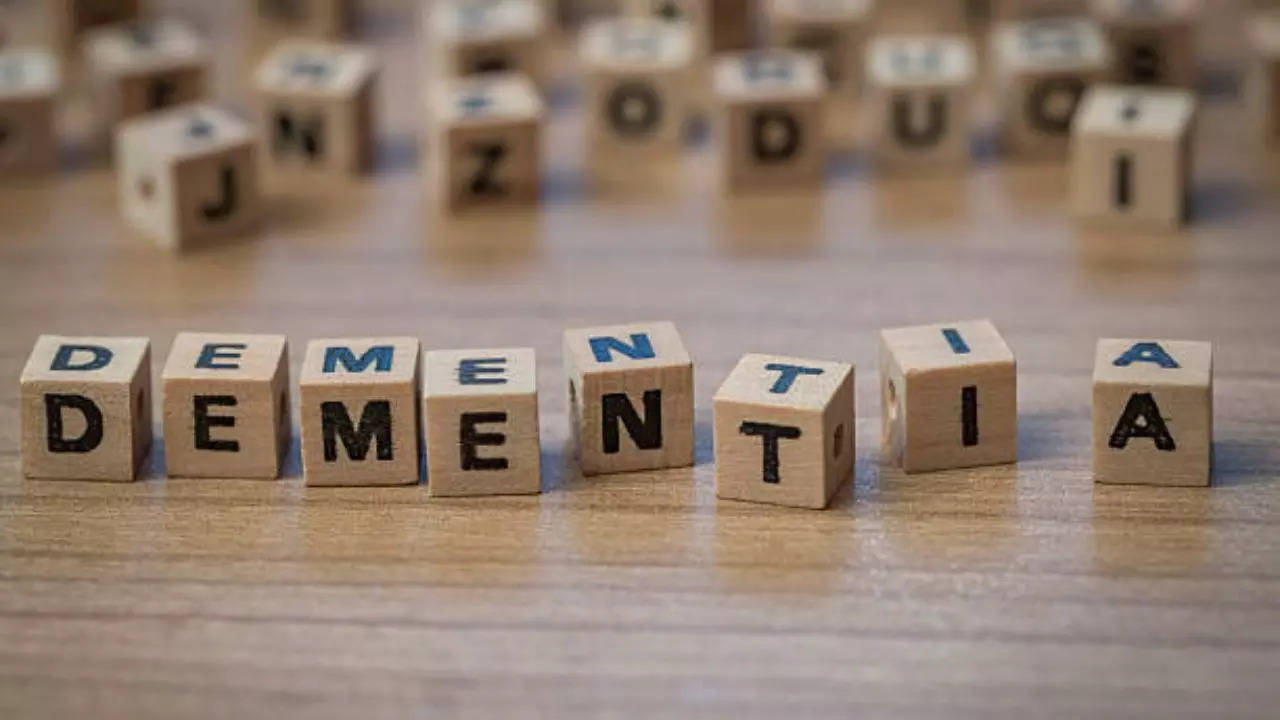Contents
-
news
-
Health
Are you at risk for dementia? New blood test can tell
A new blood test may be able to detect early changes that lead to cognitive impairment and dementia. According to a new study, the test looks at a protein that appears to play a role in the ability of drugs, nutrients, water and other substances to pass through blood vessel walls. Read on to know more.

A new blood test could detect early changes that cause cognitive impairment
People who are worried that they may develop dementia or Alzheimer’s have some options to arrest their brain’s decline before it’s too late. According to experts, a new blood test can detect early changes that cause cognitive impairment.
As reported in the journal Alzheimer’s and dementiaThe test looks at a protein that may play a role in the ability of drugs, nutrients, water and other substances to pass through blood vessel walls. High levels of this protein, placental growth factor (PlGF), may be a warning sign for a possible decline in brain function.
“PLGF can be used as a cost-effective screening tool to identify patients at risk for vascular brain injury before fatal onset.” cognitive decline” Dr. Kyle Kern, the lead researcher and vascular neurologist at UCLA Health, said in a university news release.
“As a simple blood test, such a device would be valuable not only to patients and physicians but also to researchers identifying patients for clinical trials,” Kern said.
How does the test work?
Researchers have known this for a long time leaky blood vesselswhich allow fluid and inflammatory biochemicals to leak into brain tissue, a major driver of cognitive decline and dementia,
However, the condition is currently only diagnosed with the help of MRI scans, which detect it only after the damage has occurred.
How was the study conducted?
Scientists said that for this research they analyzed blood samples and MRI scans of 370 senior citizens with an average age of 72 years. According to the study results, higher PIGF levels were associated with more water in the brain and greater changes in white matter that are associated with brain aging.
Evidence also suggests that people with these changes in the brain score lower on cognitive tests.
Early detection of changes in the brain related to dementia allows doctors to develop and implement treatments that can protect brain health“Ideally, PLGF could be used to screen younger populations for whom currently available treatments and lifestyle modifications may prevent or reverse the harmful effects of vascular injury before the onset of cognitive dysfunction,” the researchers said. ”
However, he added that more research is needed to ensure that PIGF is a solid means of predicting dementia.
What is dementia?
According to experts, dementia is a description of the state of a person’s mental function, not a specific disease. This condition causes a decline in mental function from a previously high level that is severe enough to interfere with daily life.
A person with dementia has two or more of these specific difficulties, including falls:
- Memory
- logic
- Language
- Coordination
- mood
- Behaviour
Dementia develops when the parts of your brain involved in learning, memory, decision-making or language are affected by infections or diseases. The most common cause of dementia is Alzheimer’s disease.
Does dementia always mean memory loss?,
Memory loss alone does not confirm the diagnosis of dementia. While it is true that some changes in a person’s memory are normal as they age, it does not have to be completely disabling.
Dementia interferes with your ability to function. Dementia is not forgetting where you left your keys. A person suffering from dementia may have conditions such as forgetting what the keys are used for. Dementia is not a normal part of aging.
Get the latest news live on Times Now with breaking news and top headlines from around the world.


